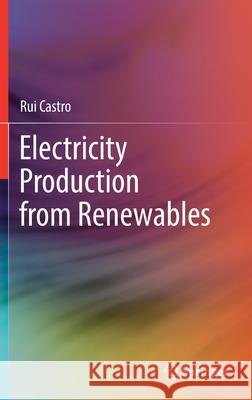Electricity Production from Renewables » książka
topmenu
Electricity Production from Renewables
ISBN-13: 9783030824150 / Angielski / Twarda / 2022 / 442 str.
Electricity Production from Renewables
ISBN-13: 9783030824150 / Angielski / Twarda / 2022 / 442 str.
cena 410,09
(netto: 390,56 VAT: 5%)
Najniższa cena z 30 dni: 385,52
(netto: 390,56 VAT: 5%)
Najniższa cena z 30 dni: 385,52
Termin realizacji zamówienia:
ok. 16-18 dni roboczych.
ok. 16-18 dni roboczych.
Darmowa dostawa!
Kategorie:
Kategorie BISAC:
Wydawca:
Springer
Język:
Angielski
ISBN-13:
9783030824150
Rok wydania:
2022
Wydanie:
2022
Ilość stron:
442
Waga:
0.77 kg
Wymiary:
23.39 x 15.6 x 2.39
Oprawa:
Twarda
Wolumenów:
01
Dodatkowe informacje:
Wydanie ilustrowane











